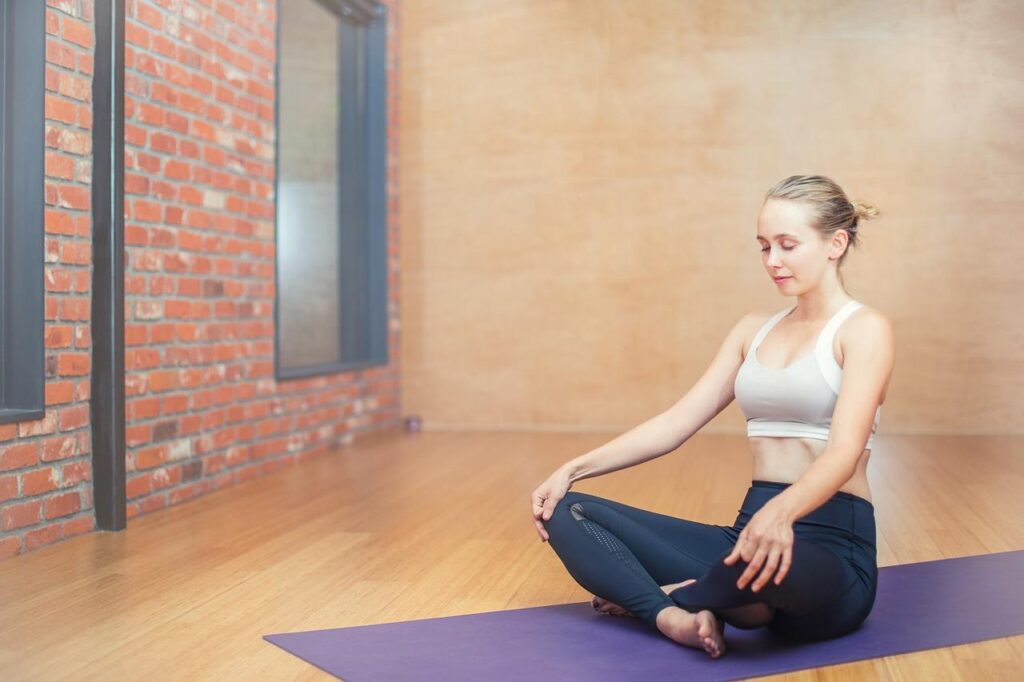Am I Experiencing Post-Concussion Syndrome?
Did you experience a concussion several months ago but still find yourself having symptoms? If yes, you should speak with a knowledgeable provider at Prestige Health and Wellness.
Dr. Bobby Bilitsis in Manhattan states that concussion symptoms should resolve within two to six weeks following your injury. However, if they haven’t, it’s imperative to seek treatment to determine if it’s post-concussion syndrome or something else.
PCS symptoms might include:
- Forgetfulness
- Appetite changes
- Sensitivity to loud noises
Below, we’ll dive into post-concussion syndrome and the non-surgical treatment options in Manhattan, NYC.
What is Post-Concussion Syndrome?
Post-concussion syndrome, which is also referred to as PCS, occurs when you have concussion symptoms that last more than three months.
A concussion is a type of traumatic brain injury that typically has a good prognosis, with most patients experiencing complete resolution of symptoms. However, those who don’t seem to be healing in a normal timeframe may receive a PCS diagnosis.
There’s a subset of PCS, too, known as persistent post-concussion syndrome. With this, symptoms last more than three months, six months, or one year following someone’s initial injury.
Post-Concussion Syndrome Symptoms
Those with post-concussion syndrome usually have the same symptoms as someone with a concussion – they just last for a more extended period of time. Concussion symptoms often fall under four categories: physical, sensory, mental, and emotional.
Some of those symptoms include:
Physical symptoms of PCS
- Coordination problems
- Fatigue
- Nausea
Sensory symptoms of PCS
- Blurred vision
- Sound sensitivity
- Vertigo
Mental symptoms of PCS
- Difficulty concentrating
- Amnesia
- Brain fog
Emotional symptoms of PCS
- Anxiety
- Irritability
- Restlessness
Post-Concussion Syndrome: Causes and Risk Factors
The true cause of PCS is unknown, but some theories suggest it’s a chemical imbalance or nerve cell damage in the brain.
There are also risk factors that increase one’s likelihood of developing PCS, such as:
- A history of behavioral issues
- Past head injuries
- Experiencing more concussion symptoms soon after being injured
- Developing severe concussion symptoms following injury
- Having additional complications with a concussion that impacts the skull or brain, like a skull fracture
Post-Concussion Syndrome Treatment in Manhattan, NYC
If you believe you’re dealing with post-concussion syndrome in Manhattan and want relief, there are non-surgical treatment options available. Let’s explore some of those solutions below.
Physical Therapy
Physical therapy, also called physiotherapy, is a form of treatment meant to maintain, restore, or promote function. Research shows that physical therapy is beneficial in reducing post-concussion symptoms, requiring fewer days for recovery.
Occupational Therapy
Post-concussive symptoms can make it challenging to do activities like cooking, driving, or working. In fact, many people find it difficult to transition back to work, school, and play following a concussion. Thankfully, occupational therapists can help address these issues and encourage a return to engagement in meaningful and purposeful activities.
Massage Therapy
One case study assessed how massage therapy could impact a 23-year-old male with postconcussion syndrome resulting from a fall. The results found that the individual experienced reduced pain, headaches, and medication use due to massage therapy. He also self-reported enhanced posture, range of motion, mental focus, and more. Therefore, imagine how a Prestige Health and Wellness massage therapist could support you.
Acupuncture
Acupuncture is an alternative medicine technique that may help with symptoms associated with PCS, like headaches and stress. For instance, one systematic review study discovered that acupuncture was just as effective as Western medicine, with fewer side effects, and may decrease headache intensity and frequency. Then, a randomized-controlled pilot trial on acupuncture and stress found that this technique positively impacts stress reduction.
Get Post-Concussion Syndrome Treatment in Manhattan
Dealing with PCS can affect nearly every aspect of your life, but it doesn’t have to be this way. As you’ve learned here, there are post-concussion syndrome treatments in New York that are just a phone call or click away.
Book an appointment for post-concussion syndrome treatment in Manhattan, or if our treatment options are suitable for you, please don’t hesitate to call our office at 212-393-4673.
We look forward to seeing you at one of our locations in Manhattan NYC:



